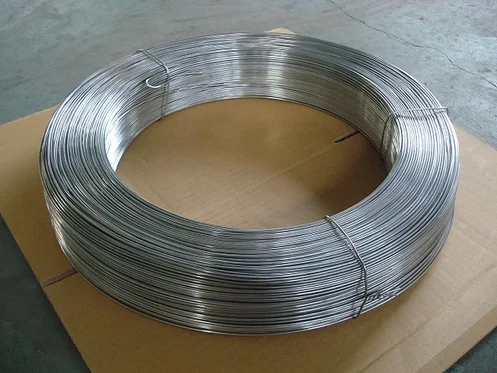
6 Ways to Choose the Best Wire for Your Needs
Choosing the right wire is crucial for ensuring the success, safety, and efficiency of your project. Whether you're working on electrical installations, industrial manufacturing, or DIY crafts, selecting the best wire can make a significant difference. Here are six essential ways to guide your decision:
1. Understand the Purpose
The first step in choosing the best wire is to identify its intended use. Different applications require different wire specifications. For example:
Knowing your purpose ensures you select a wire designed for the task, preventing potential hazards or inefficiencies.
2. Select the Right Material
Wires are commonly made from copper, aluminum, or a combination of materials. Each has its unique benefits:
Choose a material that aligns with your budget and functional needs.
3. Evaluate the Wire Gauge
Wire gauge refers to the thickness of the wire and directly affects its current-carrying capacity. A smaller gauge number indicates a thicker wire:
Always refer to the American Wire Gauge (AWG) chart or similar standards to select the appropriate gauge.
4. Check for Insulation Quality
The insulation around the wire protects it from environmental factors, electrical interference, and mechanical damage. Common insulation materials include PVC, Teflon, and rubber:
Ensure the insulation matches the operational temperature, voltage, and exposure conditions.
5. Consider Certifications and Standards
Certified wires meet industry standards for safety, quality, and performance. Look for certifications like:
Using certified wires reduces the risk of failure and ensures compliance with local regulations.
6. Assess Flexibility and Durability
For projects involving frequent movement or bending, opt for wires with high flexibility to prevent breakage. Durable wires are essential in heavy-duty applications to withstand mechanical stress, moisture, and chemicals. Consider the wire’s:
Selecting the best wire involves understanding your requirements, evaluating materials, checking specifications, and ensuring compliance with safety standards. Paras Metals offers a range of premium-quality wires that cater to diverse industrial and residential needs. With expert guidance and a commitment to quality, you can find the perfect wire for your project.